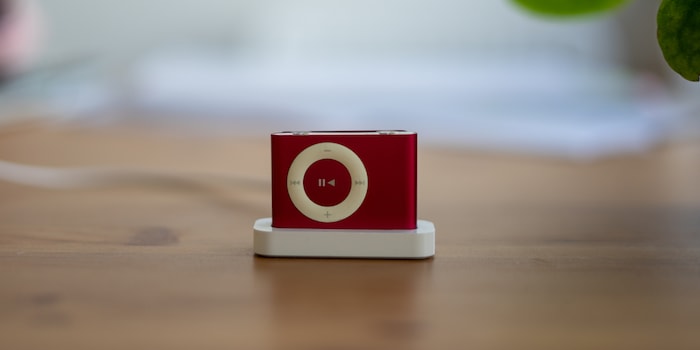

25 years of MP3 and a catchy tune
Exactly 25 years ago today, researchers agreed on the mp3 file extension. Since then, the then new audio format has shaken up the music industry.
On 14 July 1995, researchers from the Fraunhofer Institute and AT&T Bell Labs and Thomson agreed to give the file extension .mp3 to a lossy audio compression they had developed.
However, the origins of MP3 go back much further: development began back in 1982. The aim was to make music files so small that they could be transferred over a network. But that was not enough for the researchers. The Moving Picture Experts Group (MPEG) could not agree on a process at first, so there were three of them in the end. MPEG 1/Layer III prevailed, from which the name MP3 is derived.
In the process on the way to MP3, the researchers discovered that the compression did not sound good on the favourite song of Karlheinz Brandenburg, the lead MP3 researcher. The song was Tom's Diner by Suzanne Vega.
This catchy tune is a happy one - the research team had to listen to the song hundreds of times in order to optimise the compression process again and again. And they were successful. Thanks to Tom's Diner, Karlheinz Brandenburg and his team were able to reduce the data rate of a CD by up to 90 per cent.
From demo to piracy
On the advice of a radio studio, the researchers at the Fraunhofer Institute finally put the finished reference code of the MP3 format online to demonstrate its potential for conversion and coding - as hardly anyone had been interested in it before. However, it was a demo version of MP3 that could only convert 20 seconds of music snippets.
What the researchers didn't expect at the time: A resourceful Australian student used a stolen credit card to buy the full version of the MP3 encoder for 250 US dollars and shortly afterwards posted a modified version online that no longer had a playing time limit. This triggered a huge wave.
From then on, it was possible to share music on the internet. As internet access became faster and with the help of platforms such as Napster, sharing reached its peak. The music industry was less pleased: CD and record sales collapsed, optical data carriers disappeared more and more - everyone simply carried several hundred songs around in their trouser pockets. It wasn't until 2003 with iTunes that the music industry recovered somewhat thanks to legal, paid-for music.

Do you still listen to your music on MP3? Or is the format too bad for you and you only listen to FLAC? Let the other users and me know in the comments. <p
Testing devices and gadgets is my thing. Some experiments lead to interesting insights, others to demolished phones. I’m hooked on series and can’t imagine life without Netflix. In summer, you’ll find me soaking up the sun by the lake or at a music festival.